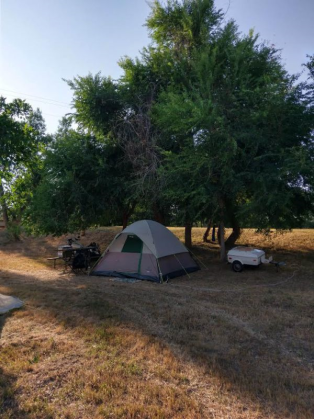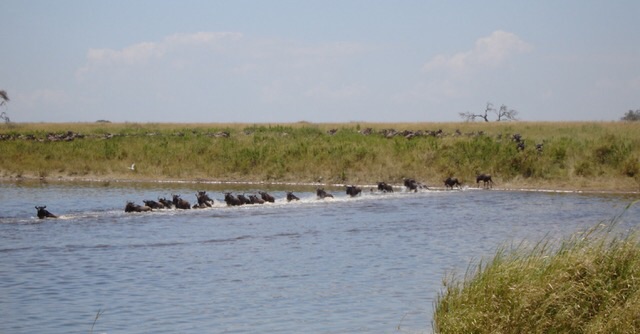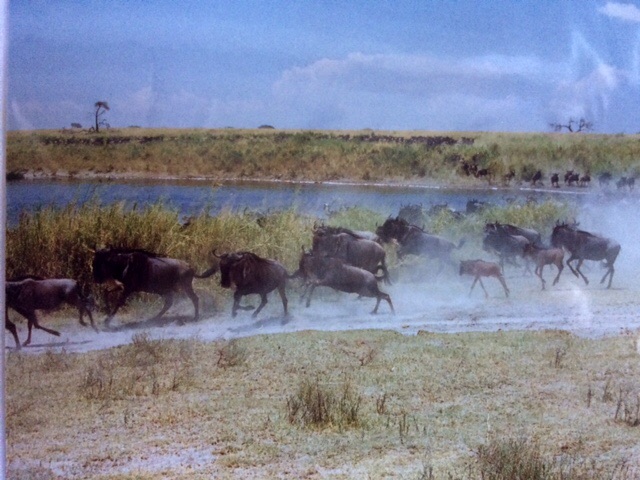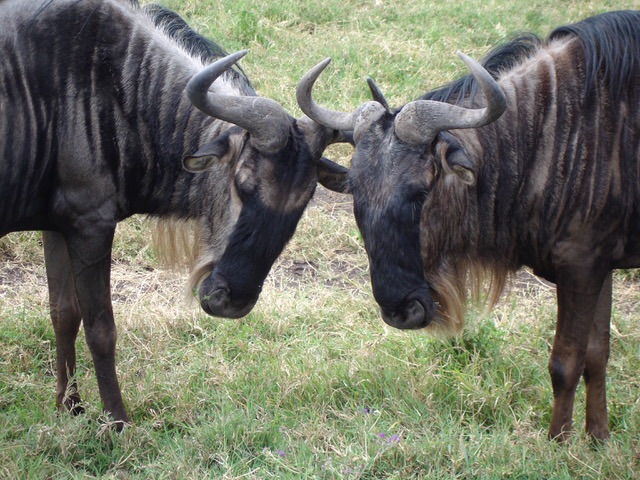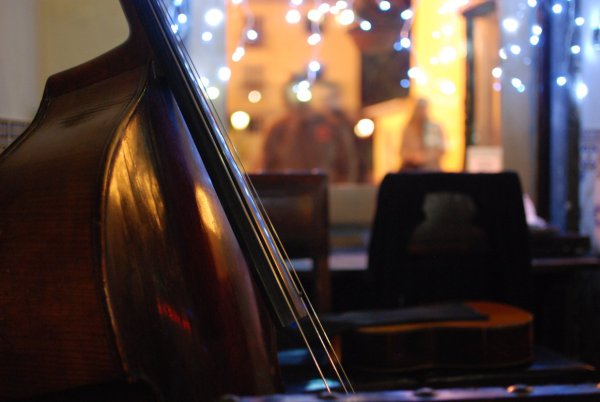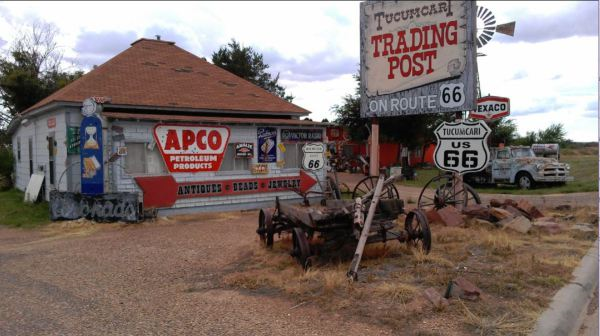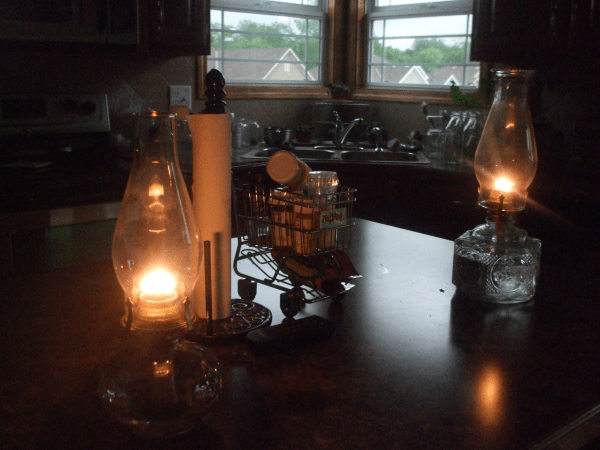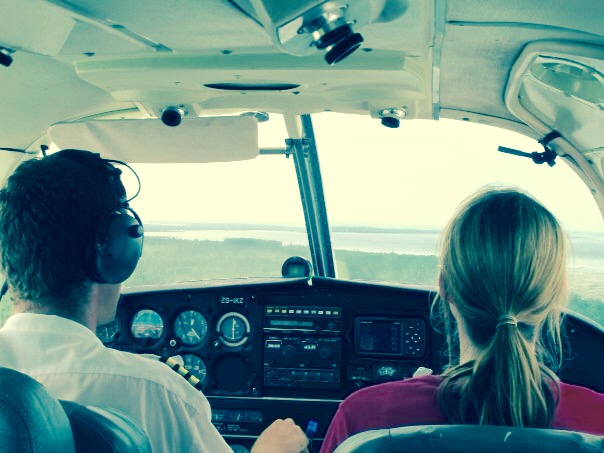I didn’t get as much of my own writing done last year as I wanted. Instead, I was focused on building up my freelance writing business. And it was pretty successful, all things considered. The work now more or less falls into one of two categories: travel and legal, which makes planning my working life, and pitching for new jobs, much easier.
The legal work stems from my previous professional career and I enjoy it very much – far more than I could have imagined I would after I left my City job. It gives me an intellectual focus, tangible results that are not always forthcoming from creative pursuits, and the income necessary to help support the rest of my writing. Meanwhile, the bulk of the travel work is for airlines: yes, if you pick up one of those travel brochures from your seat pocket, you may find an article written by me. I apologise if your impression of the destination does not match with mine but, in case you’re wondering, I do try to stick to places I have personal experience of visiting. Writing about them is the next best thing to going there again.
However, towards the end of last year I had the chance to visit somewhere new, thanks to the lovely Amanda Saint and Retreat West. As I explained in my last blog post, my first completed short story in over a year won the Writers & Artists / Retreat West short story competition. Frankly, winning would have been reward enough but I was lucky enough to receive a four night writing retreat in beautiful West Bay, on the end of Dorset’s Chesil Beach, as a prize. And, although I live in a neighbouring county, Dorset is largely an unexplored mystery to me.

West Bay
Amanda founded Retreat West in 2012. Writing retreats are only part of what this fabulous organisation does but what a part they are! I had no idea what to expect – only ever having looked longingly at the promotional material for writers’ retreats in much the same way my husband does with the large televisions I tell him we don’t need – but I had plenty of time to ponder on the drive down.
The 70 miles between my home and West Bay took three hours to traverse late on a Friday afternoon. (My husband was right on that one.) And it was the sort of drive where there was two miles of single carriage A road followed by a roundabout. Not relaxing – and even with a satnav I may have made the odd error in my choice of exits at one or two of the roundabouts. However, there was a glorious sunset that felt only a little like driving into a witch’s cauldron and, when I arrived, there was a glass of wine and a room full of writers.

Who could fail to be inspired when sitting here?
The theme of the retreat was “Plotting”. There were three workshops, each three hours long. The first was run by Richard Skinner of the Faber Academy, and Amanda herself took the other two. Now, I have an MA in creative writing – and while I know some would say that qualifies me not to be a novelist, it also means I have a pretty good overview of what is currently perceived as how to write well. There’s a lot of hoo-hah about the pros and cons of creative writing MAs, which I don’t want to get into because I enjoyed mine immensely and don’t regret it one little bit. What I will say, though, is that, in my view, no course can tell you what to write. Of course it can tell you if something is commercial, hackneyed, unfashionable or whatever but it can’t give you the ideas in the first place or, indeed, the words, turns of phrases and sentence construction to make those ideas come alive. And, until my retreat to Dorset, I was also doubtful whether you could be taught how to plot.
A very specific sub-category of literary fiction aside, most novels live or die by their plot. Saggy middles, peculiar story arcs, plot holes, stories that start in the wrong place or are told by the wrong people are just some of the problems that can be traced back to plot, or lack of. I learned this the hard way. One of the agents who read my first novel said it wasn’t pacey enough. After thinking about this, I realised she was right. I rewrote the book, for my own satisfaction rather than with any intention of continuing to try to publish it, and moved on to novel number 2. I wouldn’t say I plotted this second novel in advance (fundamentally I am someone who has to write my way into a story) but when it came to drafts 2, 3, 4 and 5, I plotted the hell out of that book. In retrospect, maybe I went a little too far. At times, I suspect, the characters say and do things for the benefit of the plot.


I’ll return to book 2 eventually. For now, I’m around 30,000 words into book 3. It’s why I never rewrote book 1 because it takes one of that first novel’s characters, the one who ought to have been the protagonist, and tells her story. I do, more or less, know what happens to her, but even if I didn’t, I can see how the plotting strategies I learned with Retreat West would help. I now think of my story arc as a series of waves, some bigger than others. The pattern and frequency of the waves are critical: too many huge ones will engulf and drown the reader, but too calm a sea will lull them to sleep (or to another book). Whether this new understanding helps me write a better book, I don’t yet know but I do know I am finding the process easier and a little less like scouring out my own soul.
Oh, and for anyone who’s wondering: aside from writing, there are plenty of other things to one of Retreat West’s writing retreats. There’s the food for one and the company for another, both enjoyed during long convivial lunches, dinners and afternoons in the pub. Then there’s the scenery. Fundamental to Retreat West is the idea of spending time somewhere beautiful and peaceful. I only had to look out of the window in West Bay to appreciate that. Of course, I did more than look: I walked up cliffs, creeping as close to the edge as I dared in order to peer at quarrelsome seabirds, and wandered along the beach, kicking at the stones and wondering what my dogs would make of it all. Finally, in a detour on the way home, I stopped at Lyme Regis, the heart of the Jurassic Coast, to play at being Meryl Streep on the Cobb. And I’ll go back to it all – soon, I hope. In the meantime, I feel the ink flow in my veins again, and there’s little that could make me happier.

In case you were in any doubt that this is the Jurassic Coast – street lights in Lyme Regis

Pretty pastel beach huts – Lyme Regis























